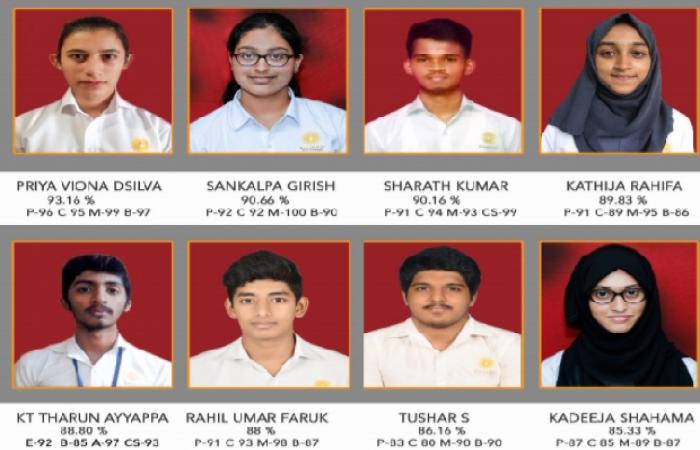London, Sep 7: Seven Indian institutes have been listed in the top 400 educational institutions in the world by a UK survey which saw Cambridge slipping out of the top three global universities for the first time.
 According to "QS World University Rankings 2016" survey, Massachusetts Institute of Technology (MIT) hold on to the top spot, followed by two other American universities – Stanford at second position and Harvard at third position.
According to "QS World University Rankings 2016" survey, Massachusetts Institute of Technology (MIT) hold on to the top spot, followed by two other American universities – Stanford at second position and Harvard at third position.
Indian universities continue to lag behind in the global top 200, with Indian Institute of Science dropping five notches to 152 from 147 last year and Indian Institute of Technology, Delhi at 185 from 179 in 2015, the survey said,
Other Indian universities that make the cut within the top 400 on the list are the Indian Institutes of Technology (IITs) — Bombay (219), Madras (249), Kanpur (302), Kharagpur (313) and Roorkee (399).
“This year"s rankings imply that levels of investment are determining who progresses and who regresses. Institutions in countries that provide high levels of targeted funding, whether from endowments or from the public purse, are rising,” said Ben Sowter, head of research at QS.
Cambridge University has fallen out of the global top three for the first time in the latest university rankings released.
Cambridge, which was ranked a joint third with Harvard last year, slips to fourth with British competitor Oxford retaining its sixth rank.
Experts believe the exact post-Brexit impact on UK universities will become clearer next year as bulk of the research for this year"s rankings was conducted before Britain voted to leave the European Union (EU) on June 23.
London"s mayor Sadiq Khan said: “Boasting more of the globe"s top universities and welcoming the most international students, London is the higher education capital of the world and I want to make sure it stays that way.”
The rankings include 916 universities from 81 countries, with 33 countries featured in the Top 200.
The US dominate, with 48 institutions, ahead of the UK (30), Netherlands (12), Germany (11), Canada, Australia (9), Japan (8), China (7), France, Sweden and Hong Kong (5).
The "QS World University Rankings" are based on four categories: research, teaching, employability and internationalisation.
The methodology consists of six indicators: academic reputation (40 per cent), employer reputation (10 per cent), faculty student ratio (20 per cent), citations per faculty (20 per cent), international students (5 per cent), and international faculty (5 per cent)






Comments
Add new comment